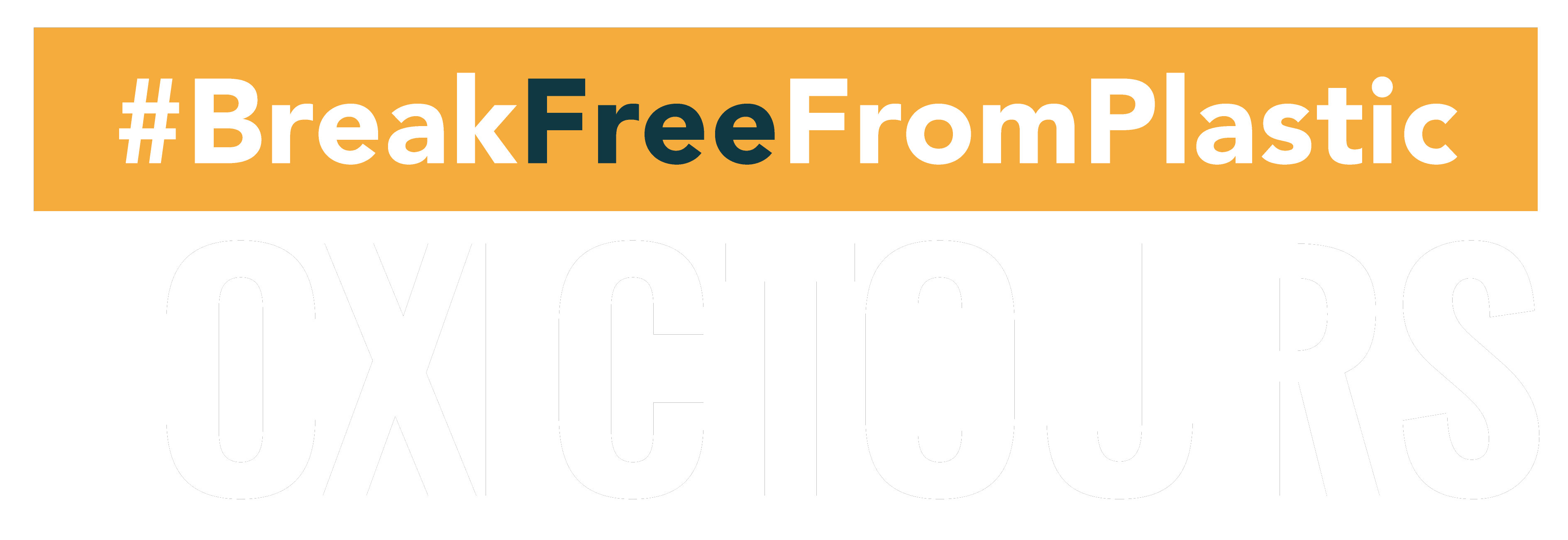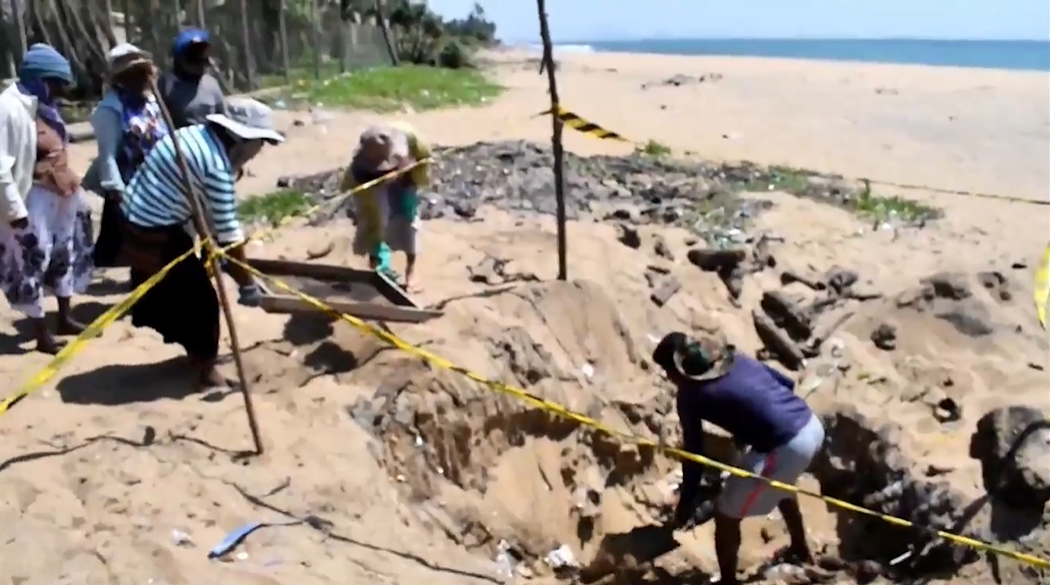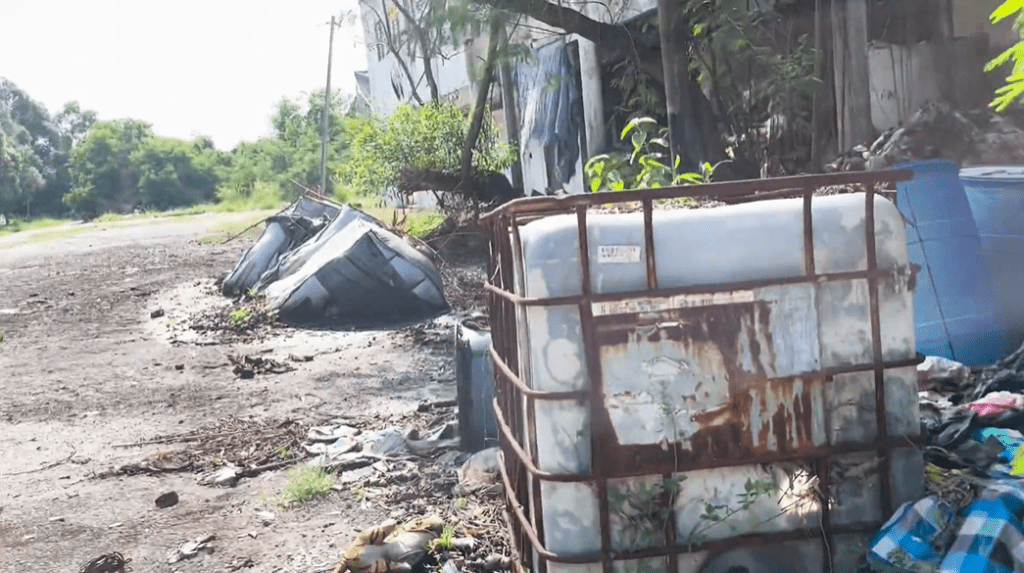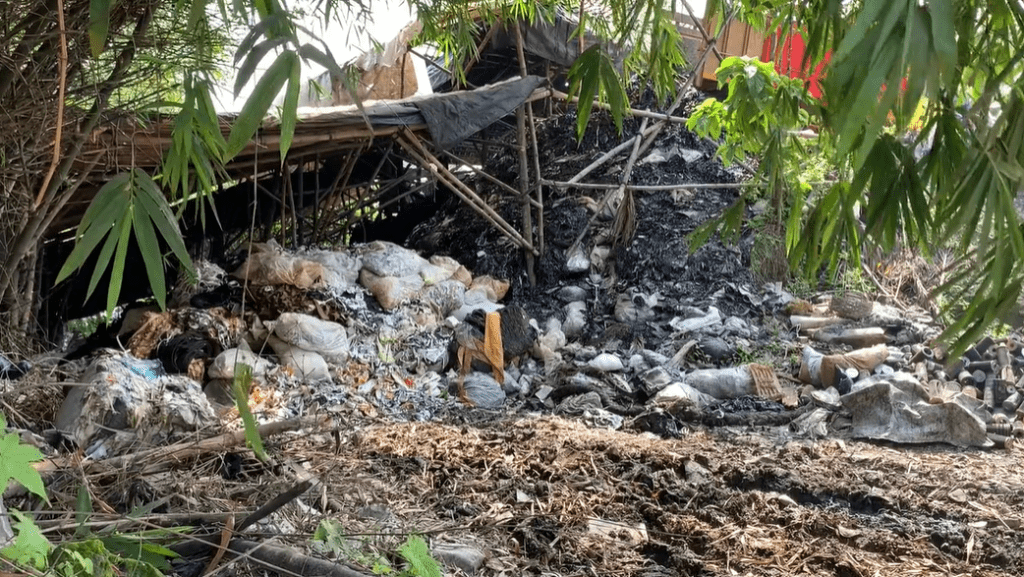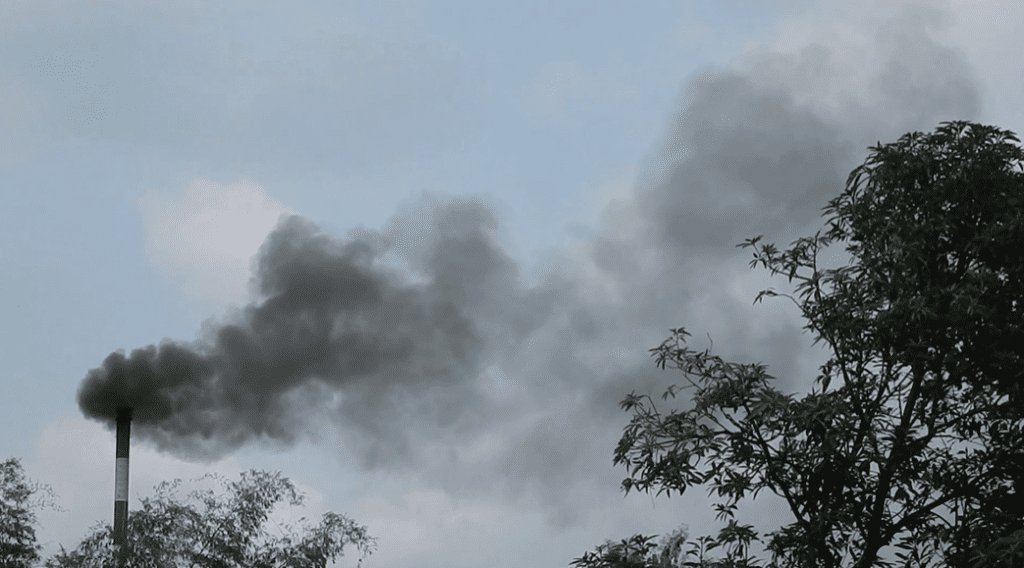Negombo, Sri Lanka
On 20 May 2021, the X-Press Pearl caught fire off the coast of Colombo, Sri Lanka. Carrying 297 tonnes of heavy fuel and 51 tonnes of marine fuel, the vessel also released chemicals into the water, polluting the the Negombo coast. One of the chemicals was nitric acid, known to make fertilizers and plastic.
The vessel was then sunk off the coast.
From Dikovita, Uswetakeyyawa, Thaldiyawatta, Sarappuwa, Kepungoda, and Dungalpitiya to the Negombo area, harmful substances can still be seen clumped up in the water and on the beaches.
A series of beach clean ups have taken place, but the area remains contaminated, with a loss of marine life, which negatively impacts the local fishing activity that communities depend on for their livelihoods.
Downstream Community Stories
Resident of Negombo
Fisherman
Fisherman
He speaks to the negative impact the chemicals have had on his fishing activity.

